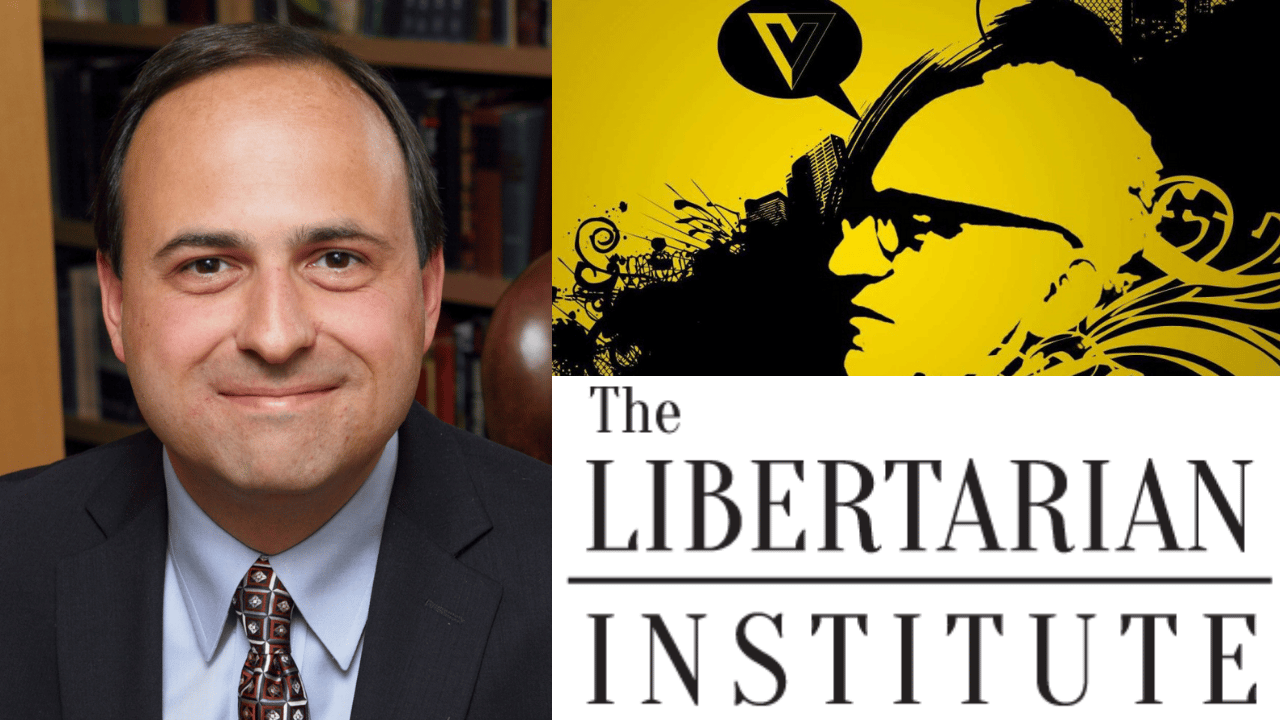… while Ludwig von Mises was acknowledged as one of Europe’s most eminent economists in the 1920s and 30s, the language barrier shut off any recognition of Mises in the Anglo-American world until the mid-1930s; then, just as his business cycle theory was beginning to achieve renown as an explanation for the Great Depression, Mises’s overdue recognition was lost in the hoopla of the Keynesian Revolution.
A refugee deprived of his academic or social base in Europe, Mises emigrated to the United States at the mercy of his new-found environment. But while, in the climate of the day, the leftist and socialist refugees from Europe were cultivated, feted, and given prestigious academic posts, a different fate was meted out to a man who embodied a methodological and political individualism that was anathema to American academia. Indeed, the fact that a man of Mises’s eminence was not offered a single regular academic post and that he was never able to teach in a prestigious graduate department in this country is one of the most shameful blots on the none too illustrious history of American higher education. The fact that Mises himself was able to preserve his great energy, his remarkable productivity, and his unfailing gentleness and good humor in the face of this shabby treatment is simply one more tribute to the qualities of this remarkable man …
… Ludwig von Mises’s writings are the embodiment of a courageous and eminent man hewing to his discipline and to his vision, unheeding of shabby maltreatment.
Murray N. Rothbard
Economic Controversies, p. 232
Thomas E. Woods, Jr., is the 2019 winner of the Hayek Lifetime Achievement Award from the Austrian Economics Center in Vienna. He is a senior fellow of the Mises Institute and host of The Tom Woods Show, which releases a new episode every weekday.
FREE must read e-book: https://aociswrong.com/
Podcast: Play in new window | Download

































